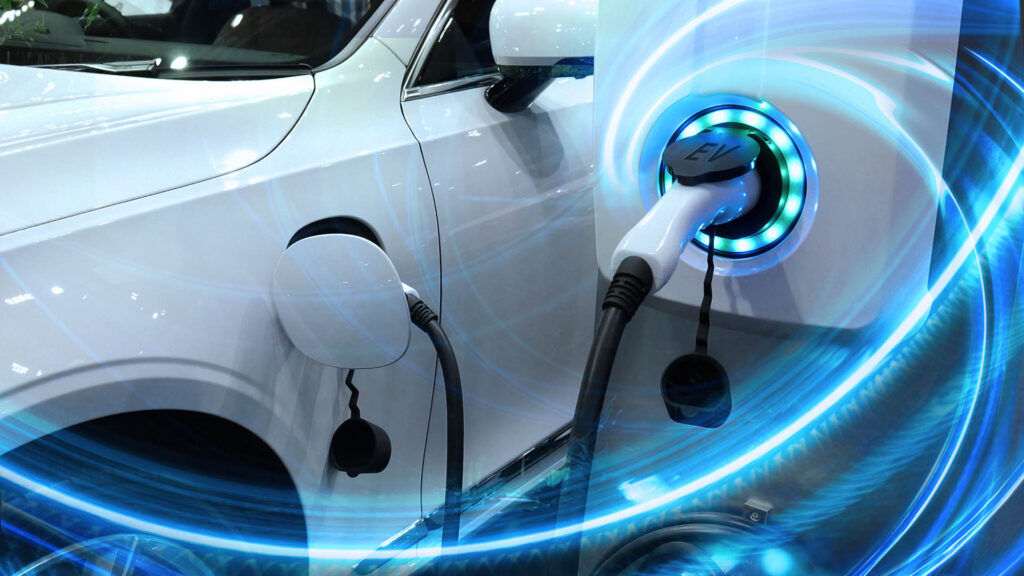King Canute, a legendary English monarch, once attempted to halt the relentless sea, illustrating the futility of opposing unstoppable forces. Similarly, the surge in EV sales, especially battery-powered types, defies attempts to slow it down.
Recent events worldwide reflect this Canute-like behavior:
The European Commission’s efforts to curb the influx of efficient, low-cost EV imports from China.The decision by New South Wales Premier Chris Minns to cut the $3,000 EV purchase subsidy just as EV sales are skyrocketing.The delay by UK Prime Minister Rishi Sunak in ending conventional car sales, driven by looming election concerns.US Governor and presidential candidate Ron DeSantis’s resistance to accelerating the transition to electric personal transport.These efforts come too late, as the momentum in EV sales appears unstoppable. Recent sales data from Europe and China indicate that EV sales have gained a life of their own and cannot be impeded. One significant development was the announcement from Italian car parts maker Marelli, stating the closure of one of its 15 plants due to falling volumes and rising costs, mainly driven by the surge in EV sales across Europe. This could be the first of many similar announcements worldwide, affecting the US, Europe, the UK, Canada, Japan, South Korea, and beyond.
Marelli attributed its decision to “the lack of new business due to reduced investments in internal combustion engines by automotive players,” along with increased raw material and energy prices. Over 200 jobs will be lost or transferred.
Australia, having experienced the exit of GM, Ford, and Toyota from car manufacturing in 2015-17, lacks politicians attempting to protect the industry. However, policies by Minns, Andrews, and the Federal Opposition may suggest otherwise.
Data from the European Automobile Manufacturers’ Association reveal that battery-powered EVs (BEVs) accounted for over a fifth of all cars registered in the EU in a single month for the first time. BEVs also overtook diesel in market share for the second consecutive month, with a 118% increase in sales compared to August 2022.
Despite a 20% decline in overall sales from 2019 (pre-pandemic), BEVs and hybrid sales have surged during the same period. China, the largest EV market globally, witnessed a 36% year-on-year increase in retail sales of new energy vehicles (NEVs) during January to August. NEVs constituted 33.6% of all passenger vehicle retail sales in China during this period.
Australia saw a remarkable 291% increase in BEV sales, accounting for 7.2% of total car sales in the first eight months of the year. Tesla and Chinese competitor BYD are making significant contributions to this growth.
By the end of 2022, electric vehicle sales comprised just 3.1% of Australia’s new car market. However, with the end of the NSW subsidy on December 31, the share is projected to surge, potentially reaching 9% to 10% or over 100,000 vehicles by the end of December. The rise of electric vehicles appears unstoppable, much like the relentless tide Canute once tried to control.

